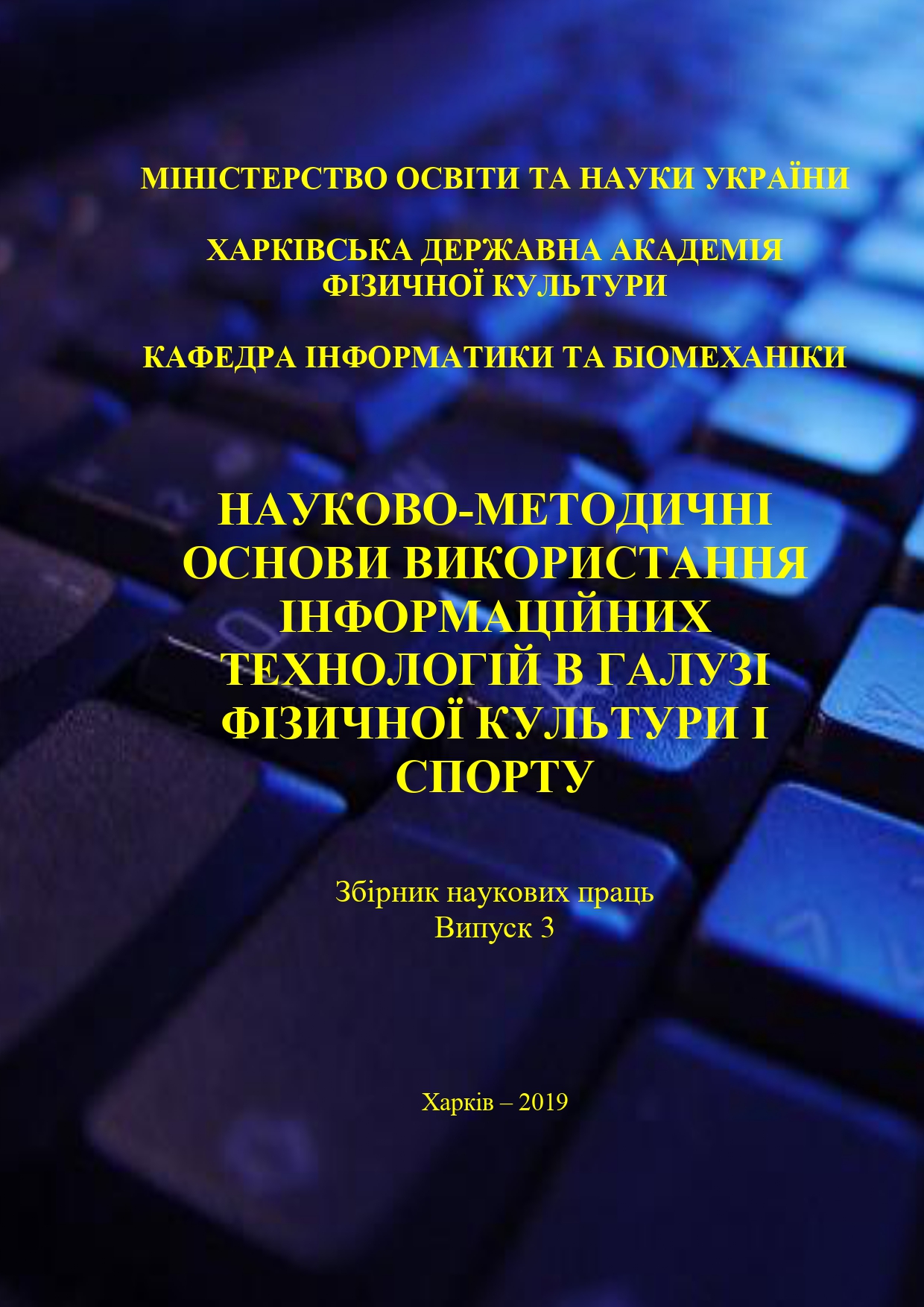ТЕХНОЛОГІЇ MS ACCESS У ФОРМУВАННІ ФАХІВЦЯ СПОРТИВНО-ОЗДОРОВЧОГО ТУРИЗМУ
Keywords:
активний туризм, інформаційні технології, навчання.Abstract
Розглянуто проблеми підготовки фахівців з активного-оздоровчого туризму. Проаналізовано можливості створення навчально -методичного забезпечення із застосуванням інформаційних комп’ютерних
технологій. Розроблено завдання у вигляді проекту підприємства спортивно-оздоровчого туризму з елементами ігрового моделювання, співпраці та
використанням офісних технологій MS Access.
References
Krzemiński M., Zaniewski I., Zaniewska L. (2011) Urraińska branża turystyczno-wypoczynkowa w drodze do integracji z Unią Europejską. Część 1. Przegląd Naukowy: Zb. pr. Nauk, Radom: WNITE, 79-90.
Krzemiński M., Zaniewski I., Zaniewska L. (2012) Turystyczna i
wypoczynkowa branża Ukrainy po drodze integracji z EU strategia rozwoju. Część 2. Przegląd Naukowy : Zb. pr. Nauk, Radom: WNITE, 48-58.
Заневська Л., Кучер П., Солодуха С. Структура дисциплін для
підготовки спеціалістів туристичної справи в Україні і Польщі. Молода спортивна наука України, 2015, 19(4), 40-44.
Заневський І., Заневська Л., Новак С. Підготовка фахівців до
використання інформаційних технологій в рекреації і туризмі. Матеріали 4-ї між народ. наук.-техн. конф. з комп’ютерних технологій, Київ, 2008, 118-119.
Downloads
Published
Issue
Section
License
Authors who publish with this journal agree to the following terms:- Authors retain copyright and grant the journal right of first publication with the work simultaneously licensed under a Creative Commons Attribution License that allows others to share the work with an acknowledgement of the work's authorship and initial publication in this journal.
- Authors are able to enter into separate, additional contractual arrangements for the non-exclusive distribution of the journal's published version of the work (e.g., post it to an institutional repository or publish it in a book), with an acknowledgement of its initial publication in this journal.
- Authors are permitted and encouraged to post their work online (e.g., in institutional repositories or on their website) prior to and during the submission process, as it can lead to productive exchanges, as well as earlier and greater citation of published work (See The Effect of Open Access).

